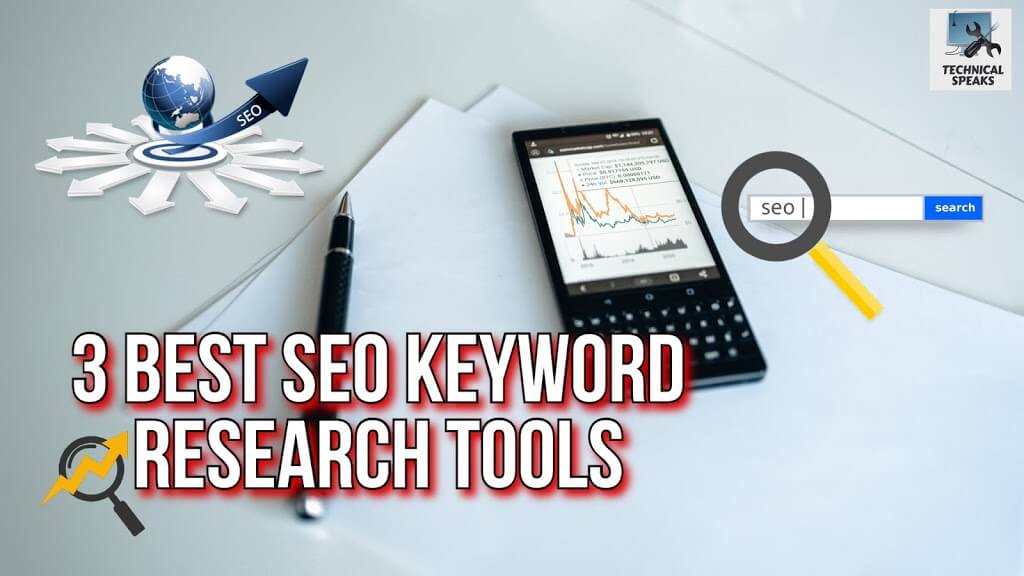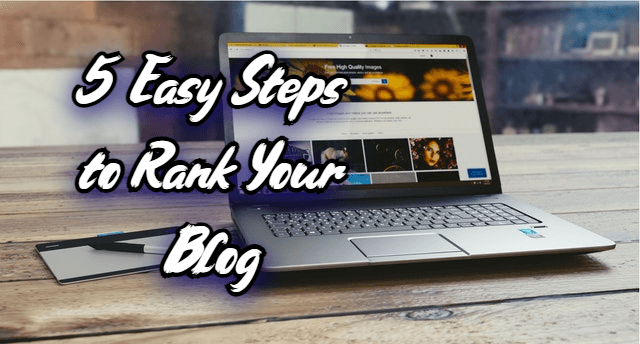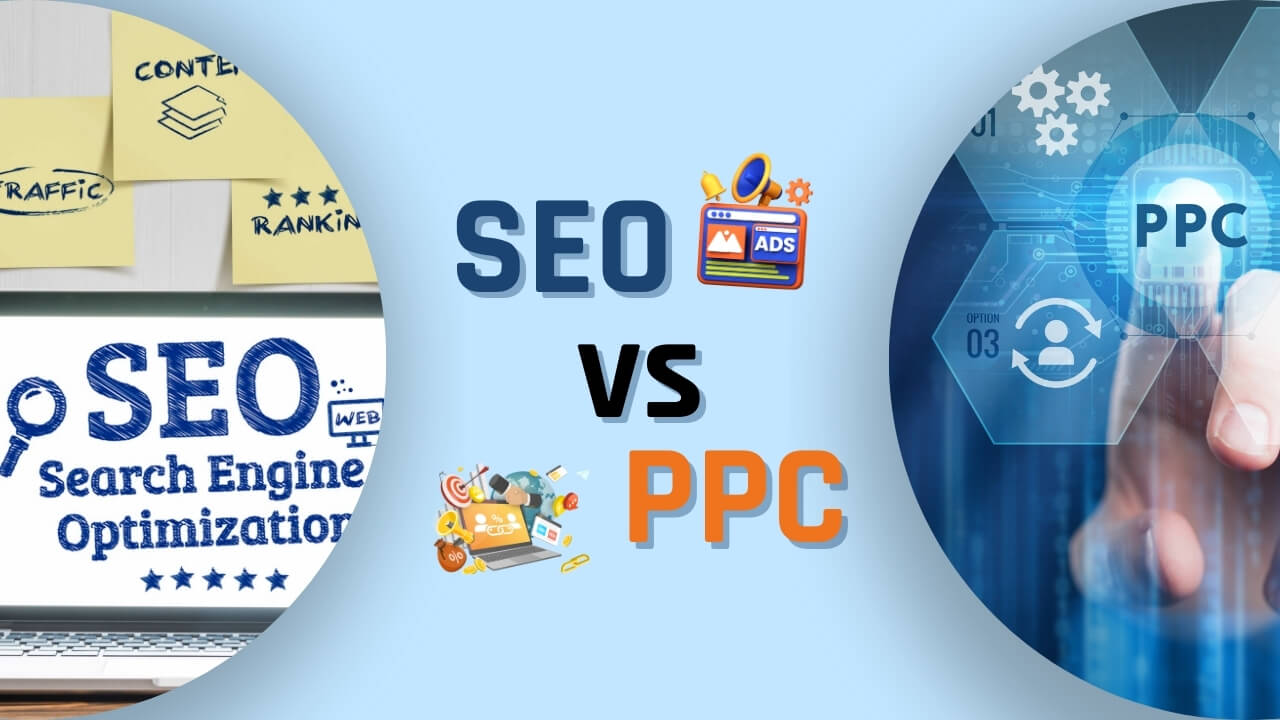In today’s digital-first world, businesses compete for visibility on search engines like Google. Pay-per-click (PPC) advertising and search engine optimization (SEO) are two strategies that are especially good at boosting traffic and attracting customers. Both are powerful and efficient, even though they function in very different ways.
So, the question is: Is PPC advertising or SEO a better option?
The answer isn’t always simple. A number of factors are involved, including the competition, schedule, financial constraints, and organizational objectives. This article will describe SEO and PPC, compare their advantages and disadvantages, and help you choose the approach—or approach combination—that will work best for your business.
What is SEO?
Search engine optimization, or SEO, is the process of improving a website’s authority, structure, and content to increase its ranking in organic search results. Unlike paid ads, SEO does not involve directly paying Google or other search engines. Rather, you increase the visibility of your website by making it dependable and easy to use.
Key Components of SEO:
- On-page SEO is the process of optimizing content, meta tags, images, titles, and keywords.
- Building backlinks, creating brand mentions, and boosting authority are all examples of off-page SEO.
- Technical SEO: Enhancing site speed, mobile friendliness, structured data, and crawlability.
- The process of creating useful, keyword-rich, and user-friendly content is known as content strategy.
For example:
SEO makes your website appear in Google’s organic results when someone searches for “best bakery in New York.”
What is PPC advertising?
Companies that use the pay-per-click (PPC) advertising model bid on keywords to place their ads at the top of partner networks or search engine results. You only have to pay when an ad is clicked.
It includes Bing Ads, Facebook Ads, LinkedIn Ads, and more, despite being the most popular PPC platform.
Crucial PPC attributes:
- Instant Visibility: Ads begin to appear as soon as the campaign is launched.
- Keyword targeting: You can bid on specific keywords to show ads to users who are relevant.
- PPC makes it possible to precisely target audiences based on their interests, demographics, location, and device.
- Budget Control: You can set daily spending caps and maximum bids to control spending.
For example:
To ensure that its advertisement appears above organic listings at the top of search results, the same New York bakery may start a Google Ads campaign targeting “best bakery near me.”
Key Differences Between PPC and SEO
| Aspect | SEO (Search Engine Optimization) | PPC (Pay-Per-Click) Advertising |
|---|---|---|
| Cost | Resources, tools, and content must be purchased, even though there isn’t a direct cost per click. | You lose money every time an ad is clicked. Prices vary depending on the competition. |
| Timeframe | At least three to six months must pass before the results are maintained. | Instant (ads start running as soon as a campaign is launched). |
| Sustainability | If sustainability is preserved, its effects last for a long time. | It stops delivering traffic when the budget is exhausted. |
| Click-Through Rate (CTR) | Organic results are usually higher because many users trust organic listings more. | It is higher in competitive niches but lower than organic in some industries. |
| Control | Limited control over exact ranking (as determined by Google’s algorithm). | Total control over targeting, placement, and timing. |
| Credibility | Through organic visibility, credibility raises a brand’s authority and trust. | They are sometimes seen as less trustworthy because they are categorized as advertisements. |
The advantages of SEO
- Long-Term Cost-Effective: After organic traffic is established, the cost per click stays the same.
- Enhanced Credibility: People are more inclined to trust organic search results than sponsored ones.
- Long-Term Effects: With regular updates, SEO rankings can last for years.
- Better ROI Over Time: Even with a higher initial investment, ROI gets better over time.
- Other Clicks Overall: Studies show that organic results outperform sponsored ads in a number of industries.
The disadvantages of SEO
- Slow Results: It could take months before there is any discernible improvement.
- High Competition: There may be intense competition for high-value keywords.
- Frequent Updates: Google frequently modifies its algorithm, which may have an impact on rankings.
- Continuous Work: SEO requires constant optimization; it is not a “set it and forget it” approach.
Benefits of PPC
- Instant Results: Your website may rank highly in search results a few hours after a campaign is launched.
- Precise Targeting: You can target according to user behavior, device, time, location, and demographics.
- Budget Flexibility: Depending on your resources, you can start small or expand.
- Performance monitoring: To ascertain return on investment, PPC platforms offer comprehensive analytics.
- Excellent for Promotions: Perfect for product launches, time-sensitive campaigns, and seasonal sales.
The drawbacks of PPC
- Expensive in Competitive Niches: Cost per click, or CPC, can be very high, especially in industries like law, insurance, and finance.
- Short-Term Effects: Traffic instantly stops when you stop paying.
- Click Fraud Risk: Competitors or bots may impersonate clicks in certain industries.
- Because poorly managed campaigns can quickly go over budget, experience is necessary.
When to Employ SEO
The ideal choice is SEO if:
- You want long-term growth and visibility.
- You have time to devote to content and optimization.
- You want to build trust and credibility in your niche.
- You want to lower the cost-per-acquisition (CPA) over time.
For example, if a healthcare website wishes to establish authority through blogs and evergreen content, SEO should be given top priority.
When to Use PPC
PPC is the ideal choice if:
- You need results fast (e.g., product launches, sales promotions).
- You want to experiment with different promotions or advertising campaigns.
- You can have a budget for paid advertising and control high CPCs.
- In your highly competitive market, SEO will take too long.
✅ For example, when an online retailer starts a holiday sale, they can immediately increase sales and traffic by using PPC ads.
Is PPC or SEO Better?
The debate between PPC and SEO isn’t about which is better overall; rather, it’s about which is more appropriate for your specific situation.
- The greatest choice for a sustained return on investment is SEO.
- The greatest choice for fast wins is PPC.
- SEO gives brand authority credibility.
- PPC makes it possible to target campaigns with precise audience targeting.
The Best Approach: Combine the Two
Many successful businesses use a hybrid approach:
- Use PPC for keyword testing and immediate traffic.
- Invest in SEO if you want consistent, long-term growth.
- Analyze PPC data to identify high-converting keywords, then include them in your SEO strategy.
Illustration from the Real World
Think about a new project management tool that a SaaS startup is launching:
- Phase 1 (Launch): Determine which features users find most appealing, drive traffic immediately, and generate leads using PPC ads.
- Phase 2 (Growth): Invest in SEO by publishing blogs, case studies, and tutorials that highlight relevant keywords.
- Phase 3 (Scaling): To save money over time, gradually reduce PPC spending as SEO rankings increase and rely more on organic traffic.
Final thoughts
Both SEO and PPC advertising work well for boosting leads, traffic, and conversions. Despite being a marathon, SEO yields results that last. PPC is a sprint; it requires constant investment but provides instant visibility.
The best choice will depend on your timeframe, goals, and budget. For long-term online success, the majority of businesses gain from combining the two. Use PPC to generate short-term gains and SEO to build a long-term foundation of authority, trust, and organic visibility.
In the end, SEO + PPC—rather than SEO vs. PPC—is the most successful strategy.








